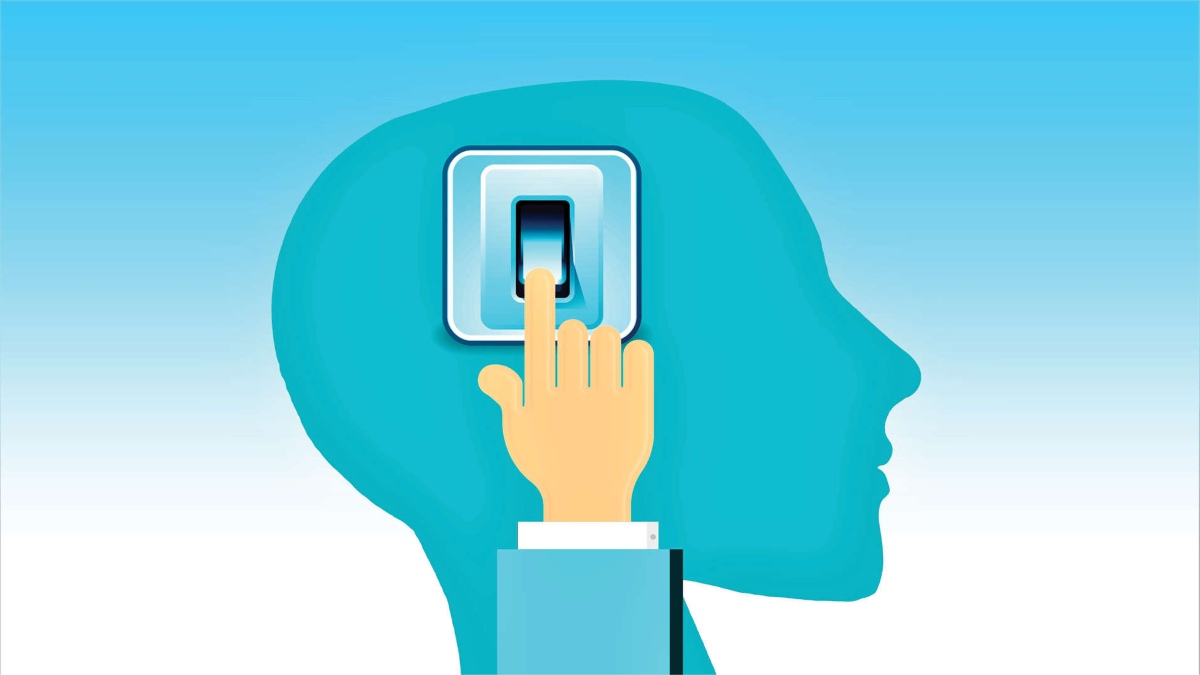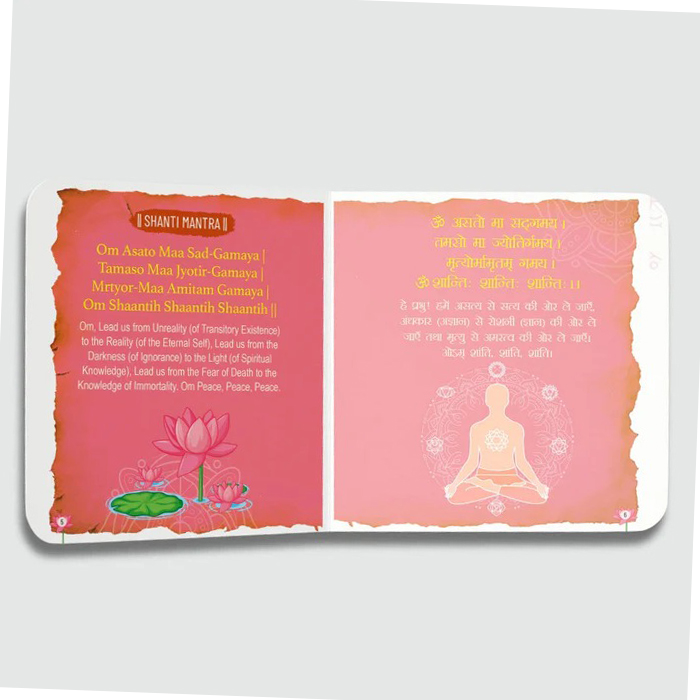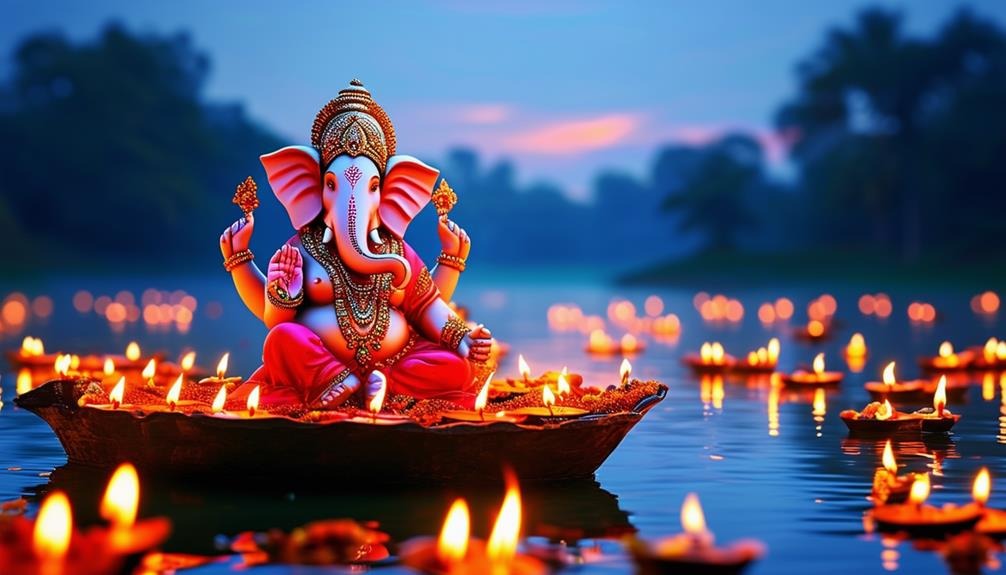We sometimes find ourselves agonising over decisions, even seemingly unimportant ones. Why is this?
One reason is a lack of confidence, springing from long-held habits of being pulled and pushed by external circumstances, and conflicting offers of advice from others.
Another is that if there is something going on inside me that I do not feel able to look at, keeping my attention focused outside gives me an excuse not to look within.
And a third, simple reason, is that decisions I made in the past seem to have turned out badly.
But it is useful to understand that in a sense, there are no ‘right’ and ‘wrong’ decisions – just ‘what is’. There really is no point in beating myself up over past actions. They were the best I could do at the time.
Of course, society creates laws determining right and wrong, and breaking those laws brings consequences. The same is true of any decision I make myself – because that is the game of life. If I make a mistake, I hurt myself. But if I learn from that, and move on, the stumbling block becomes a stepping stone. Successful business people often say that a willingness to make mistakes, and learn from them, is what took them to the top.
If I develop the habit of thinking negatively about myself and others, it is as if I am stepping further and further away from life’s flow, such that there is more and more loss of power. I become stagnant. Then it becomes hard for me to know what to do next.
When, instead, I accept that life is simply signalling me to live it in a different spirit, I can instantly find myself back in the game.
The key is to give priority to thoughts and actions that align with the inner being – the soul, or spark of consciousness – which in its original and fundamental nature is loving and good. This brings happiness, and restores confidence and clarity.
When I am pulled this way and that, it is usually because I have become too caught up in the external world, and have forgotten to be guided by the positive nature of the inner being.
There is a theory in social psychology called ‘cognitive dissonance’ which posits that how we see things, and how we actually behave, ultimately have to line up with one another. If I persistently see myself as someone who has been hurt, as a victim, or as someone who needs to ‘climb to the top’ at any cost, my behaviour will ultimately align with that image. In doing so, I will become liable to betray my deeper self, which is intrinsically kind, and that kind self will gradually disappear from view.
In contrast to that, if I determinedly and persistently practise seeing myself as a kind and loving being, my actions will gradually line up with that image, and become filled with love and care.
This is why the practice of soul-consciousness is so valuable. Understanding and experiencing that the soul is eternal, with intrinsic qualities of peace, love and compassion, brings strength back to the inner being and frees me from the prison of materialistic thinking. This practice nourishes my awareness of the true self.
As this awareness grows, I automatically find myself wanting to bring those positive qualities into my life and relationships, and to renounce my old, limited habits of greed and selfishness. Positivity becomes the basis of my decisions. The more I attend to the inner being – taking care to connect with feelings of truth, and positivity of spirit – the more I will choose to find time and space to experience those feelings.
This is what meditation does. Meditation teaches me how to see the soul and draw love and wisdom from the Divine – that is, from God. To access the Divine, I simply need to open my heart to the reality that I am a loving and beautiful being, like the Supreme.
The more I let go of the habit of thinking negatively about myself, the more my true self-respect grows. I find myself being genuinely helpful to others — not because I am told to, but because that is my true nature.
It then becomes increasingly clear that this is a good basis for making decisions, because of the positive feedback I receive. The inner conflict between my true nature, and the limited outlook that caused me to forget my spiritual self, gradually ends, and my trust in my own judgement is restored.
Neville Hodgkinson is a UK-based author and journalist, and a long-time student of Rajyoga.












